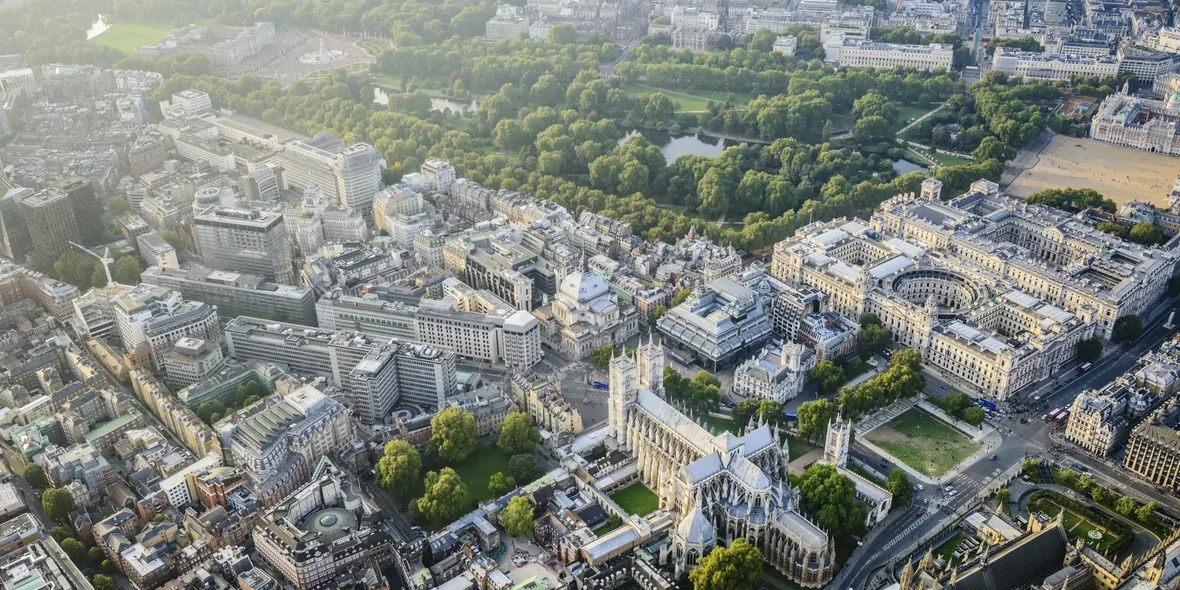
How an Artist Got a Talent Visa to the UK
Gleb Skubachevsky is a 35-year-old artist who moved to the UK on a talent visa. In this interview, Gleb tells us about his experience working in different countries, the process of getting a UK talent visa, and his first year living in London.
Initially, I was choosing between the USA, Great Britain, France, and Germany.
Education and Experience
— My name is Gleb Skubachevsky, I am 35 years old. I create art every day. I paint, but my main activity is objects in the author's technique, which I make from paper on canvas. This is paper, acrylic, canvas, and abstract works. I also paint on canvas, make miniatures, graphics, and sculptures. I have also been teaching for 11 years.
I have two academic degrees. I studied at the painting and teaching department of the Moscow Academic Art School from 2005 to 2010. Right after that, I entered the Surikov Institute, where I studied with Aidan Salakhova and Sergey Ossovsky from 2010 to 2016.
I am an artist with a large number of exhibitions in Russia and abroad, with participation in international fairs in different countries. Since 2015, I have traveled a lot to art residences — these are ideal places for artists, where everything is done so that you can create, make exhibitions, and conduct master classes. I lived and worked as an artist in Brazil and almost all European countries.
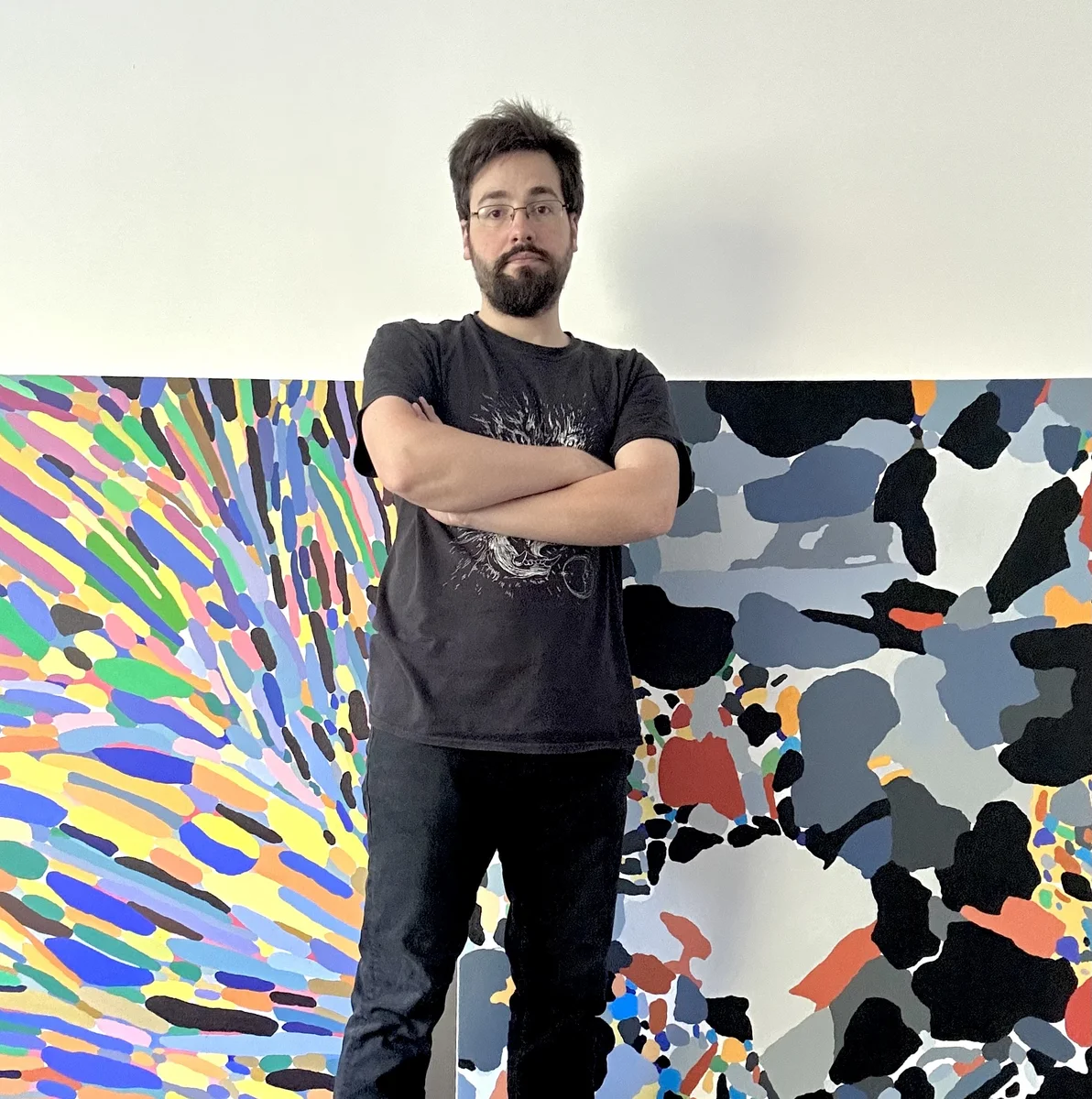
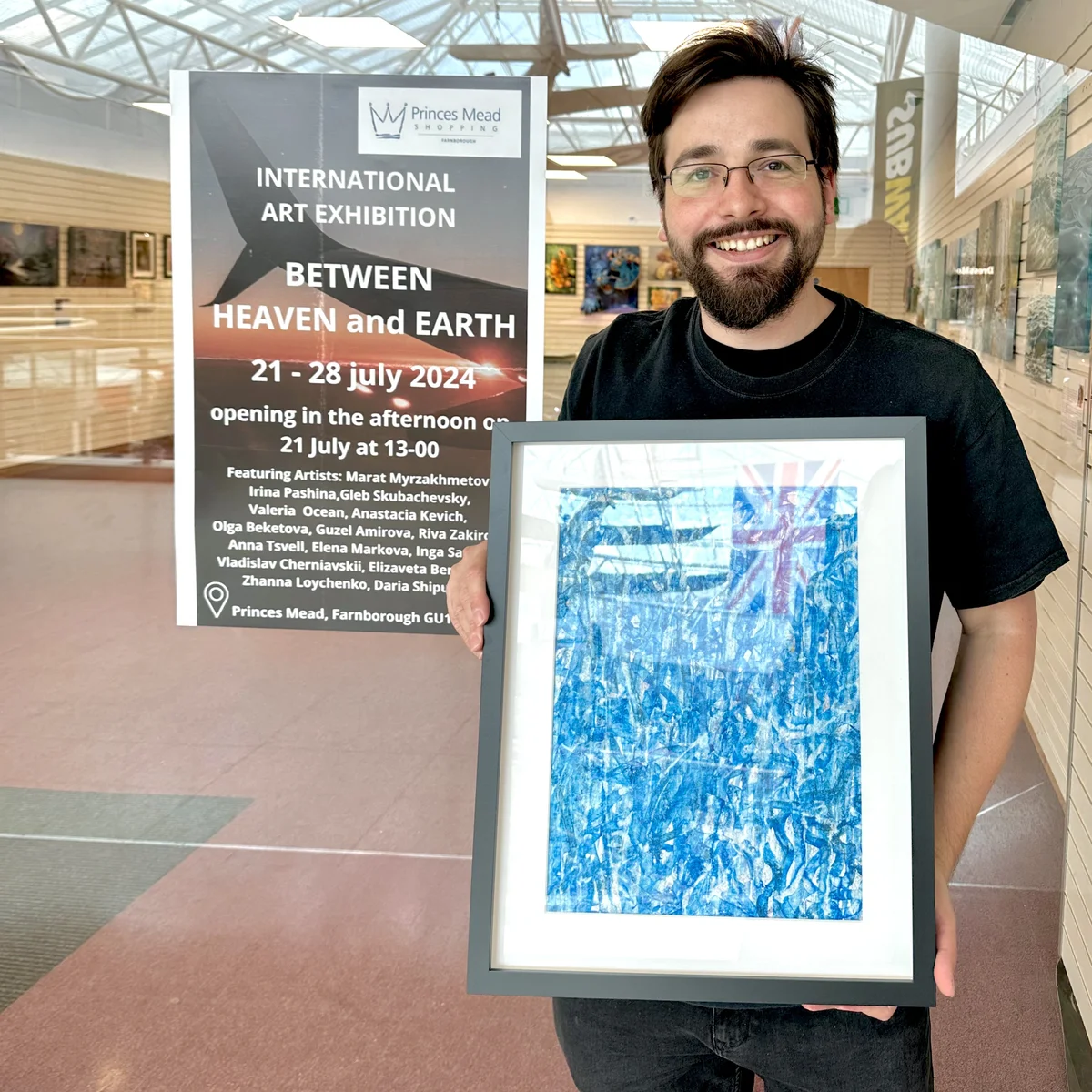
The UK Talent Visa Process
— In February 2022, I immediately packed up and left. First, I lived in Georgia for six months, then in Turkey for a year. There I held exhibitions, created art, and there I learned about the talent visa to the UK.
Initially, I was choosing between the United States, Great Britain, France, and Germany. The main criterion was the level of contemporary art and this market, the possibilities of galleries in specific countries. And since I had already lived in England for a while, and many friends began to move there, I settled in this country. Plus, it is easier to get a British talent visa than the same American one.
This visa allows you to live and work anywhere in the UK (England, Scotland, Northern Ireland, or Wales). You must indicate your desired destination when filling out the documents.
Often, the applicant's spouse and children are allowed to legally move along with him/her. Each person must pay separately.
In short, from the privileges, this visa gives the opportunity to legally live and work in the UK, as well as to obtain citizenship through an accelerated procedure. Like other legal residents, you can apply for grants, rent studios, and join artists' unions.
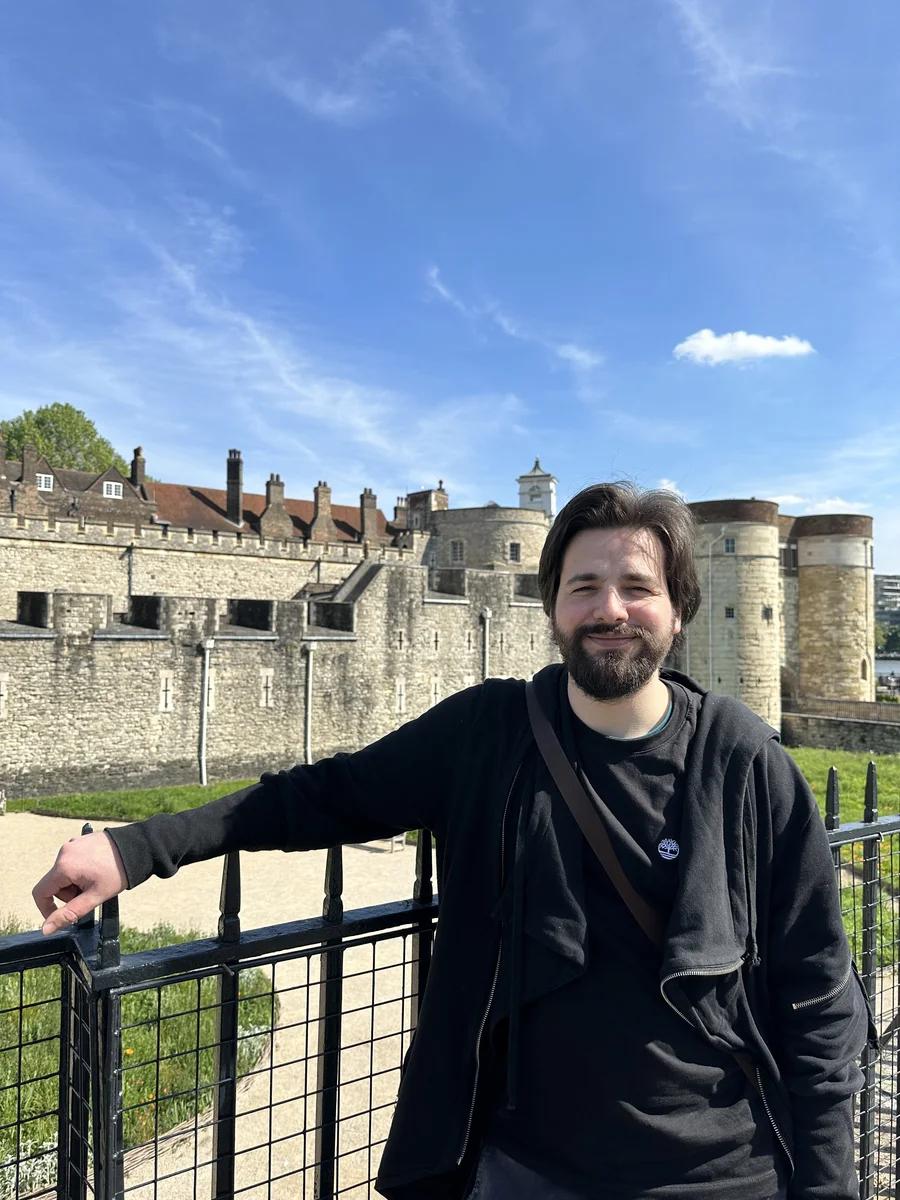
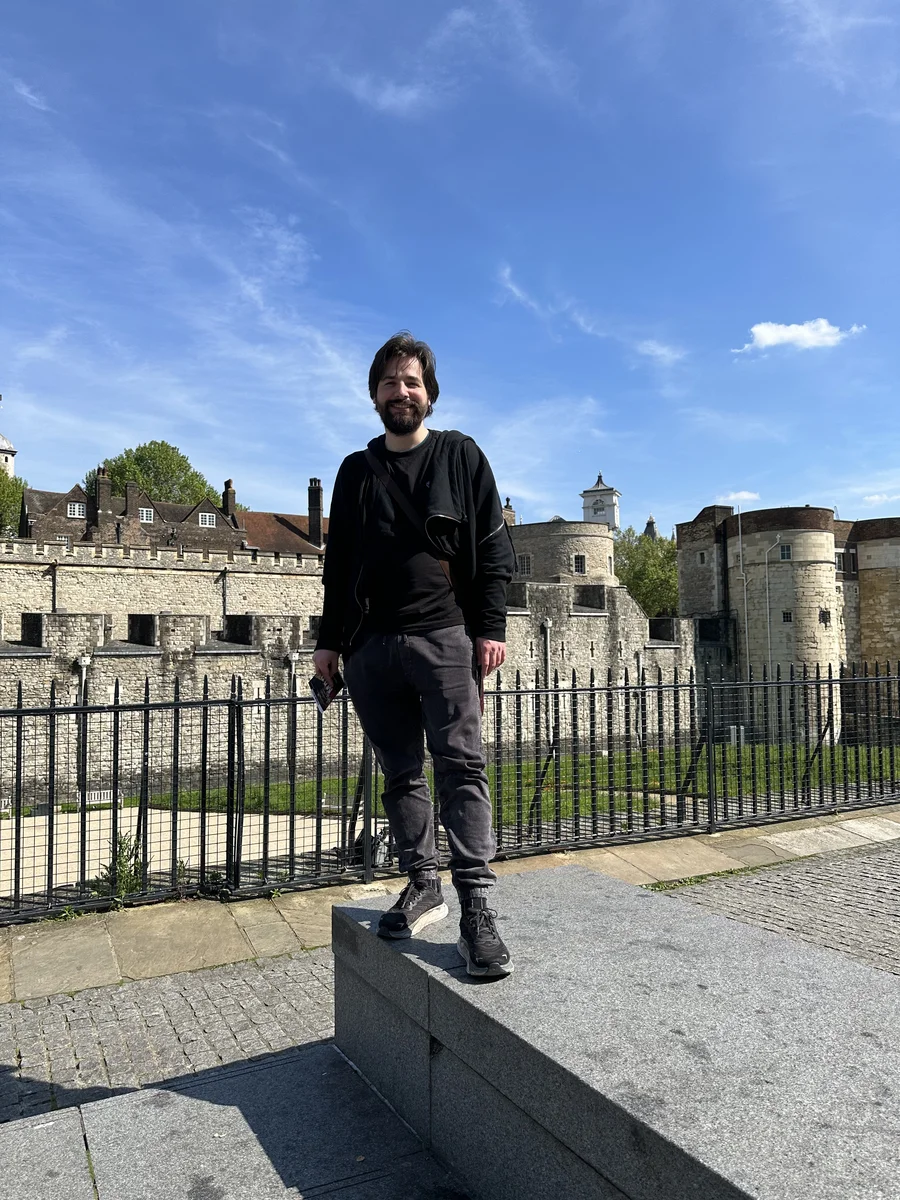
— There are two categories of talent visas in the UK: exceptional talent or promise. I applied as a painter under the “exceptional talent” category, as it speeds up the citizenship process by two years compared to “promise.”
All documents are submitted online. The main thing that had to be provided was 10 proofs of talent and 3 letters of recommendation. In addition, it was necessary to pay insurance and fees, fill out a huge number of forms, and take a tuberculosis test.
I provided one award, five exhibitions, and four publications. The thing is that you need exactly ten proofs, even if you have much more. For example, at that time I had about 50 exhibitions over 10–15 years in art, a large number of publications in the media, international awards, and prizes in the field of art. It is also important that all this proof can be googled and found on the Internet.
The hardest part was getting a letter of recommendation from a gallery or museum in the UK. The galleries I worked with ended up not signing anything for me. In the end, I had to ask my colleagues for help.
Importantly, there were no financial requirements. Nor was knowledge of English checked.
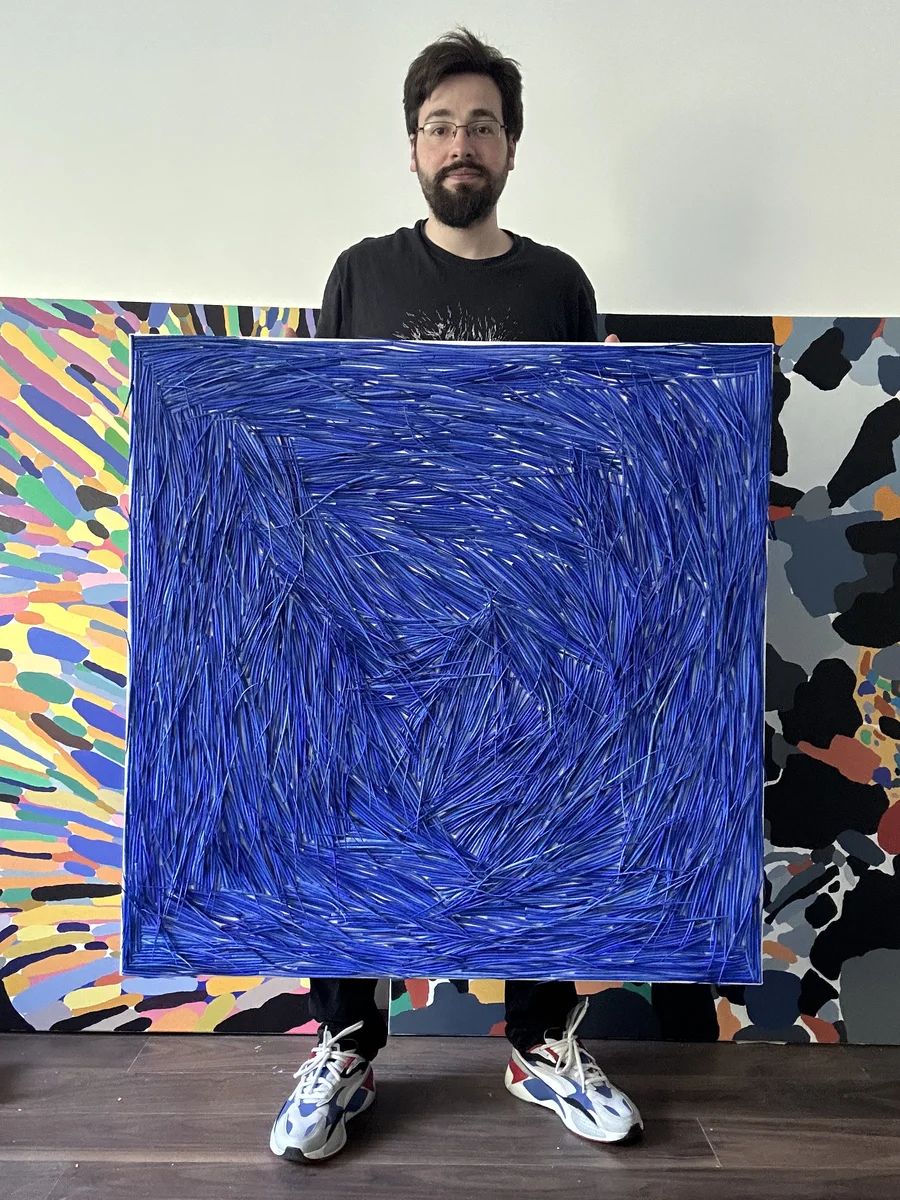
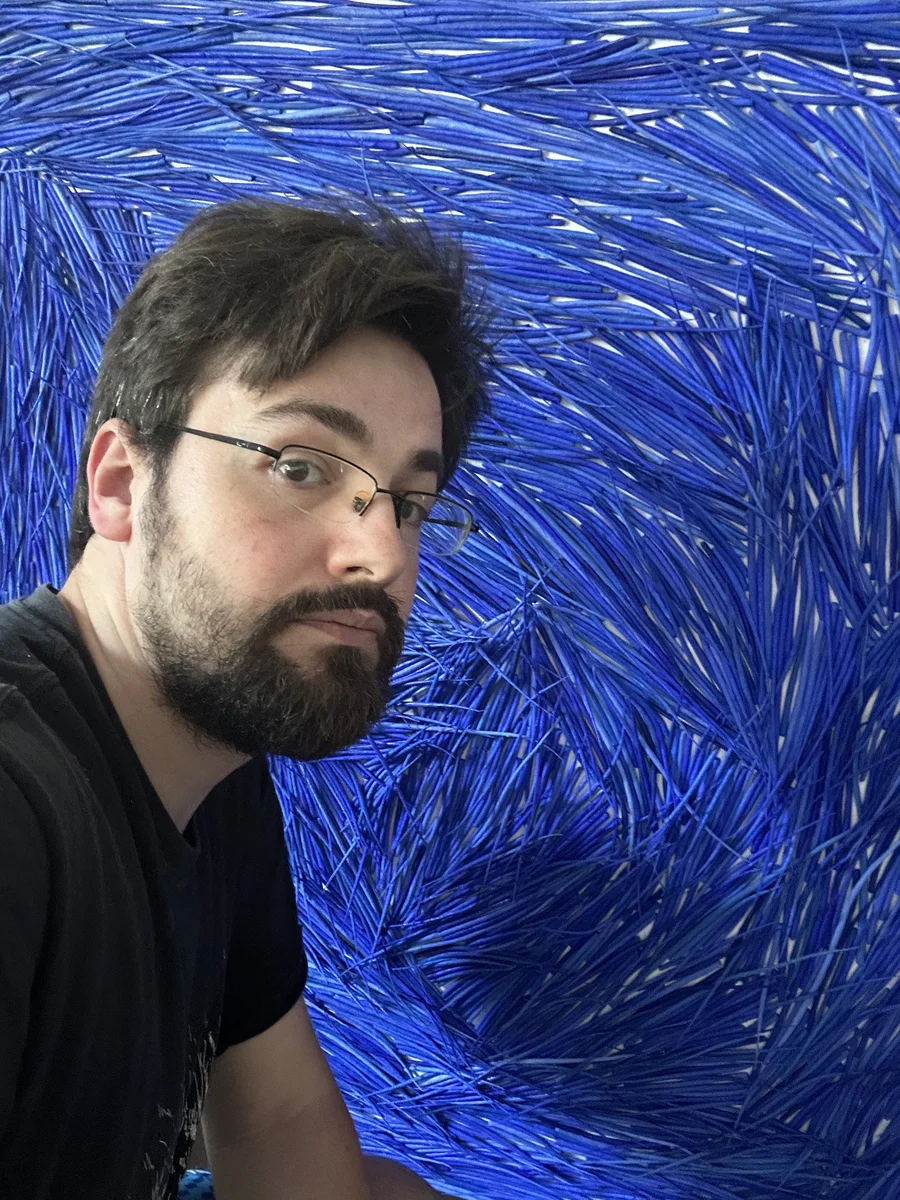
— By the way, this is a unique visa that allows you to apply from almost any country, and even from several countries. That is, you can start the application procedure in one country and finish it in another. You cannot apply for this visa while in the UK itself.
Upon arrival in the country, you go to a specific post office, receive an envelope with an ID card, open it, and begin to live according to this document.
The entire process from filing an application to receiving a visa takes on average about three months — from filing an application to actually receiving a passport with a visa. Each stage takes about one and a half months. In some cases, it is faster, sometimes, it is longer — everything is very individual.
I should mention that I got my visa 1.5 years ago, and I am talking about how it happened at that time. I know that conditions change over time and more criteria appear, so you need to check it all yourself.
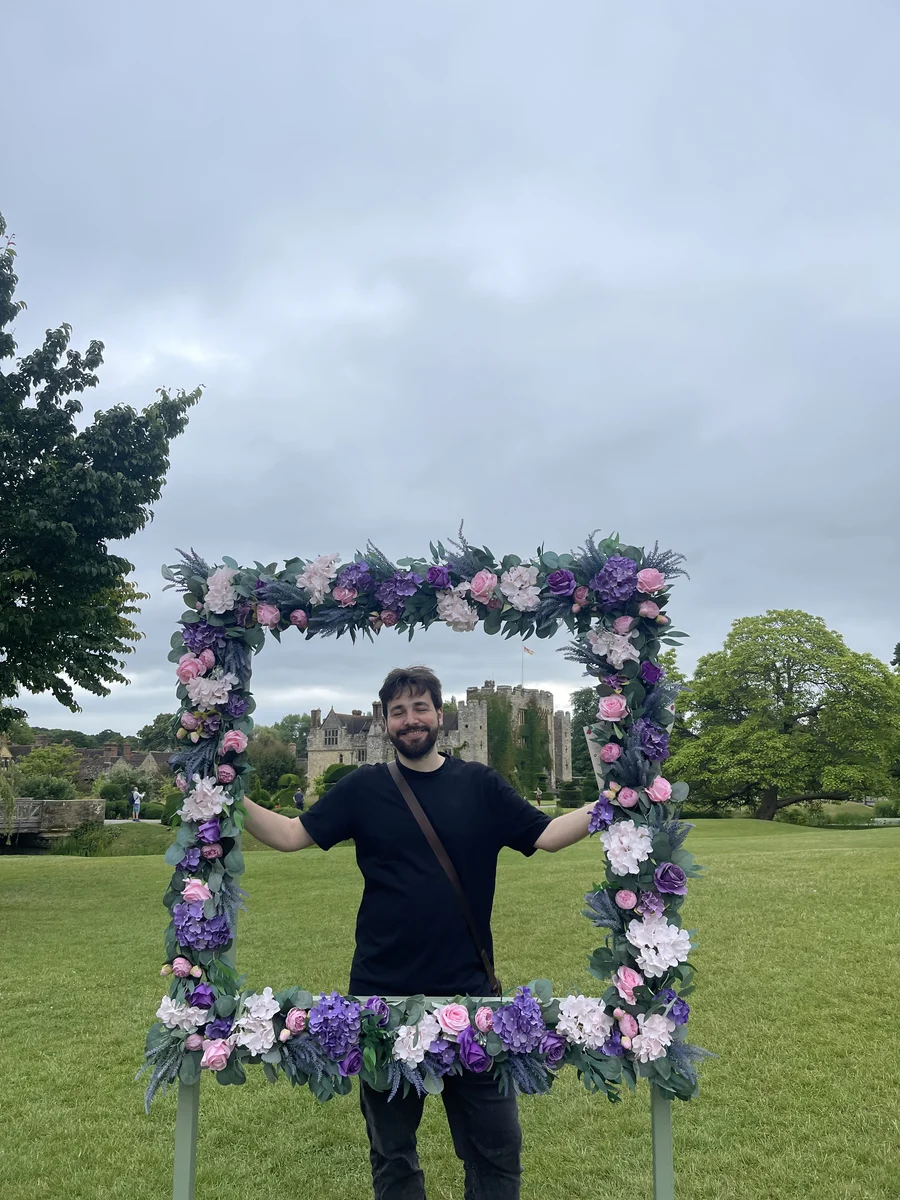
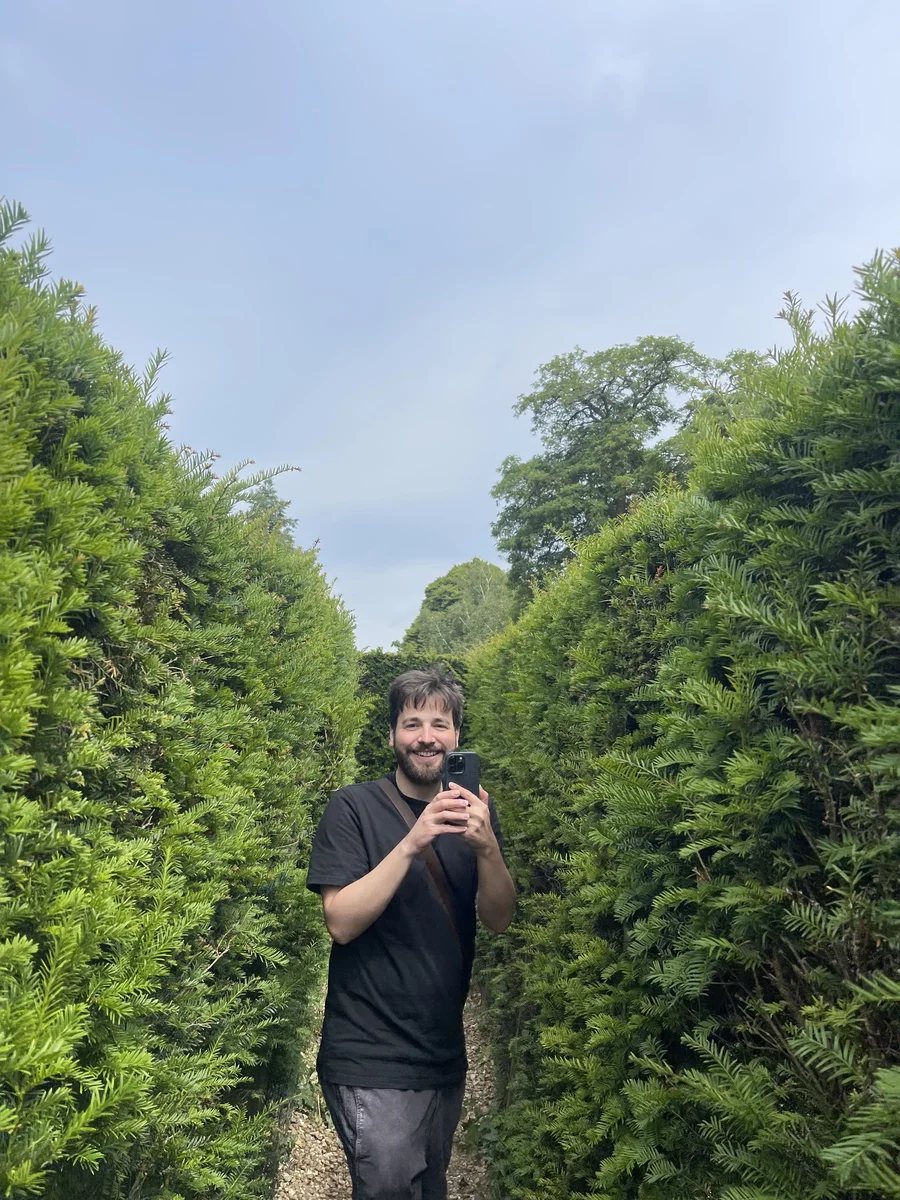
Renting a place to live here is quite a quest unless you're a billionaire.
Finding Accommodation and Adapting to the UK
— I arrived on September 10, 2023, with 60 kg of weight in the form of a giant roll of my paintings, a suitcase (also with paintings), and some things that I need for life.
The first month I lived with friends, because renting a place here is a quest unless you are a billionaire. There is a terrible fight for a relatively budget place, costing 1500–2000 pounds a month without utilities. There can be 30 people who want one apartment.
After a month of interviews, viewing flats, and talking to landlords, I managed to find a realtor, Kristina, from Bulgaria. She offered me a flat in Sutton, which I rented for 1500 pounds. It’s 50 square meters, where I can both create art and live.
Sutton is a town that is located very close to the center, literally kilometers away, i.e., it is part of the so-called agglomeration “Greater London." It is a very nice and quiet town with good infrastructure, with almost zero or almost zero crime.
I had to pay rent in half a year because I had no credit history and people were not sure about my solvency. I had to open an account here and put all my cash in it. Only in this way could I pay the deposit plus half a year of rent. Utilities here are also very expensive — about 200–250 pounds (~235 euros) per month.
After solving the rental issue, I registered here as self-employed. Everything is very similar to Russia, only with higher taxes.
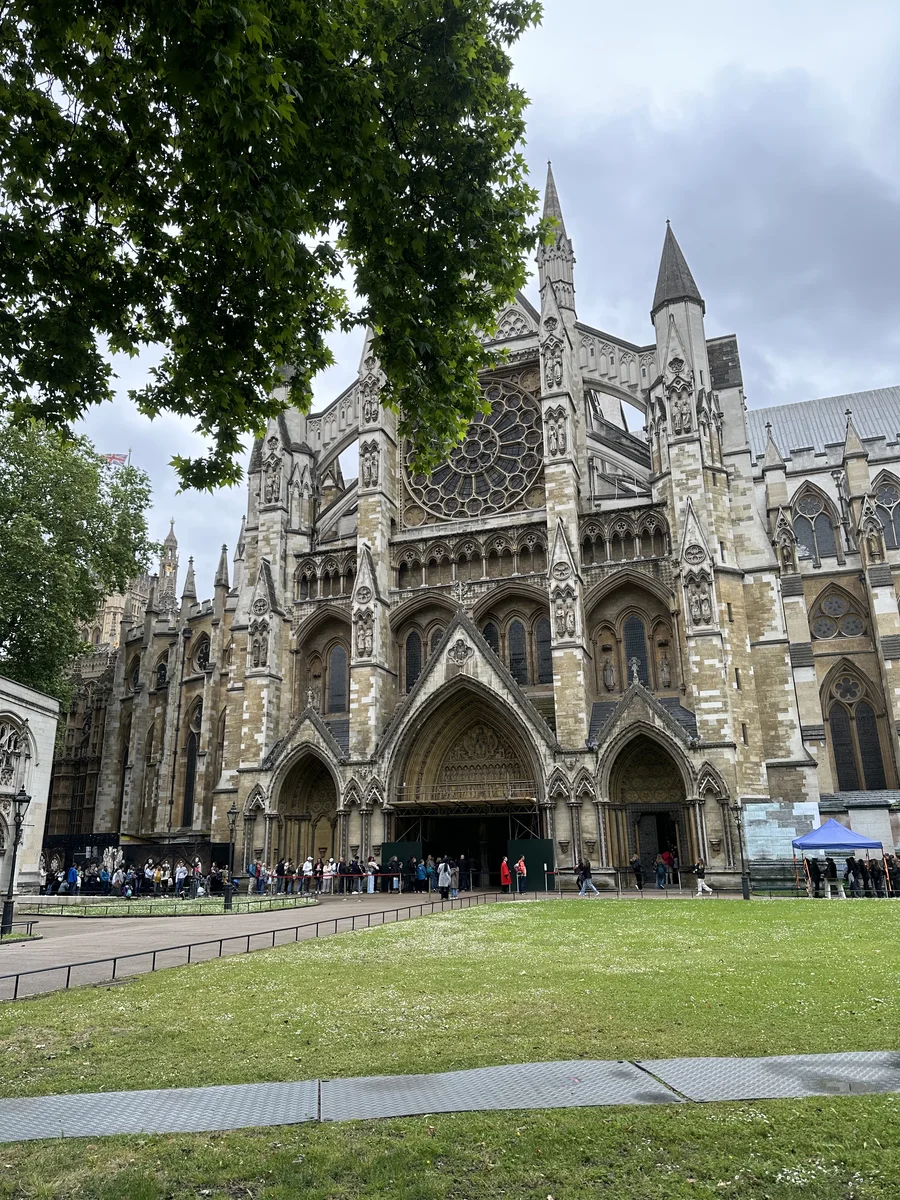
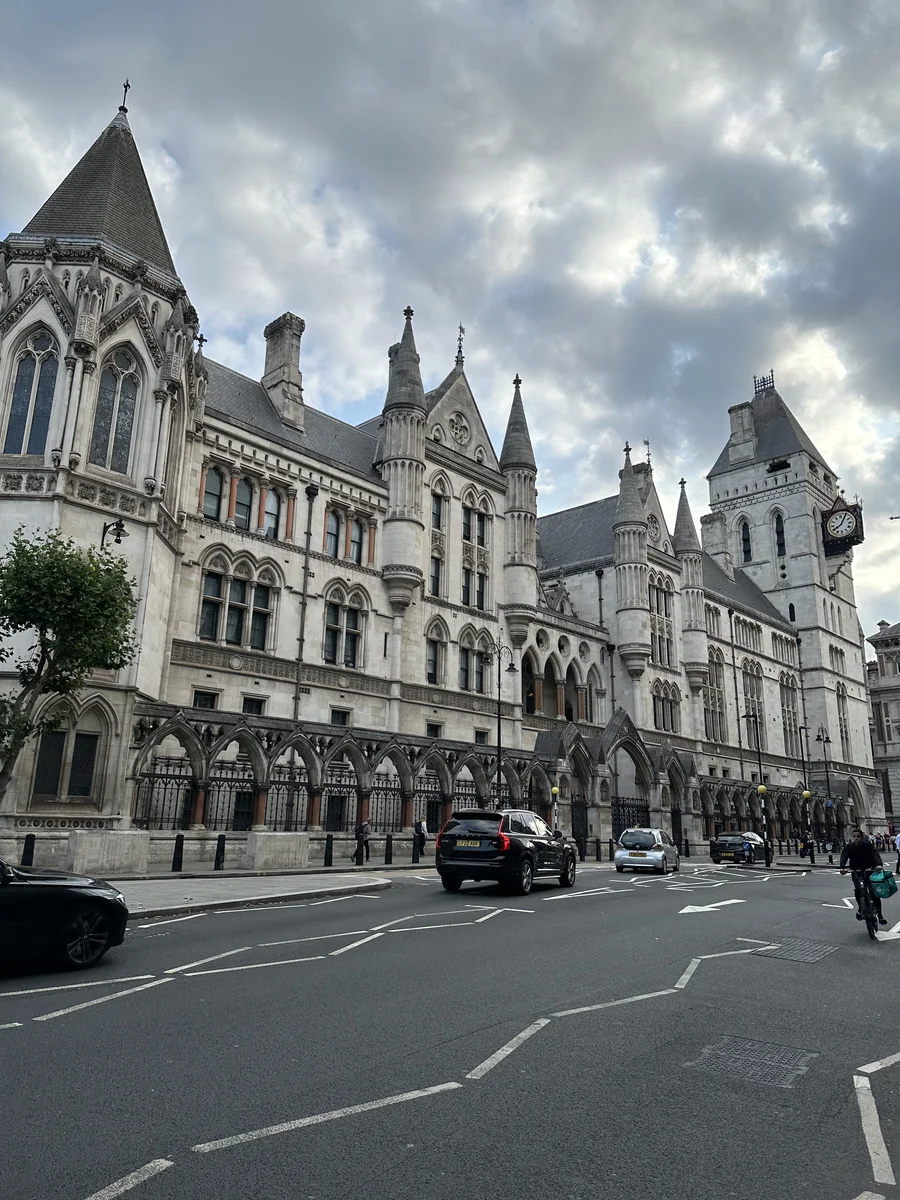
— For myself, I divide countries into three levels of difficulty in terms of survival. England is the maximum level of difficulty. You definitely need to prepare for moving here and save money.
But in principle, my adaptation is going well, you are constantly surprised by everything. Of course, you need to get used to the British accent, but little by little it is all being absorbed.
The main thing I find myself doing is feeling at home here. I have the feeling that this is a country for everyone; that anyone who comes here feels accepted. Plus, I lived briefly in London as a child with an English family over 20 years ago, so I have the chance to experience the difference that has happened in that time.
I have already supported the British team at the World Cup and the Olympics, although, to be honest, I don’t follow them closely. But the British press that I read constantly covers news about any medal won, and even if there are no medals, they still write about their athletes and are proud of them. And this, of course, inspires great respect.
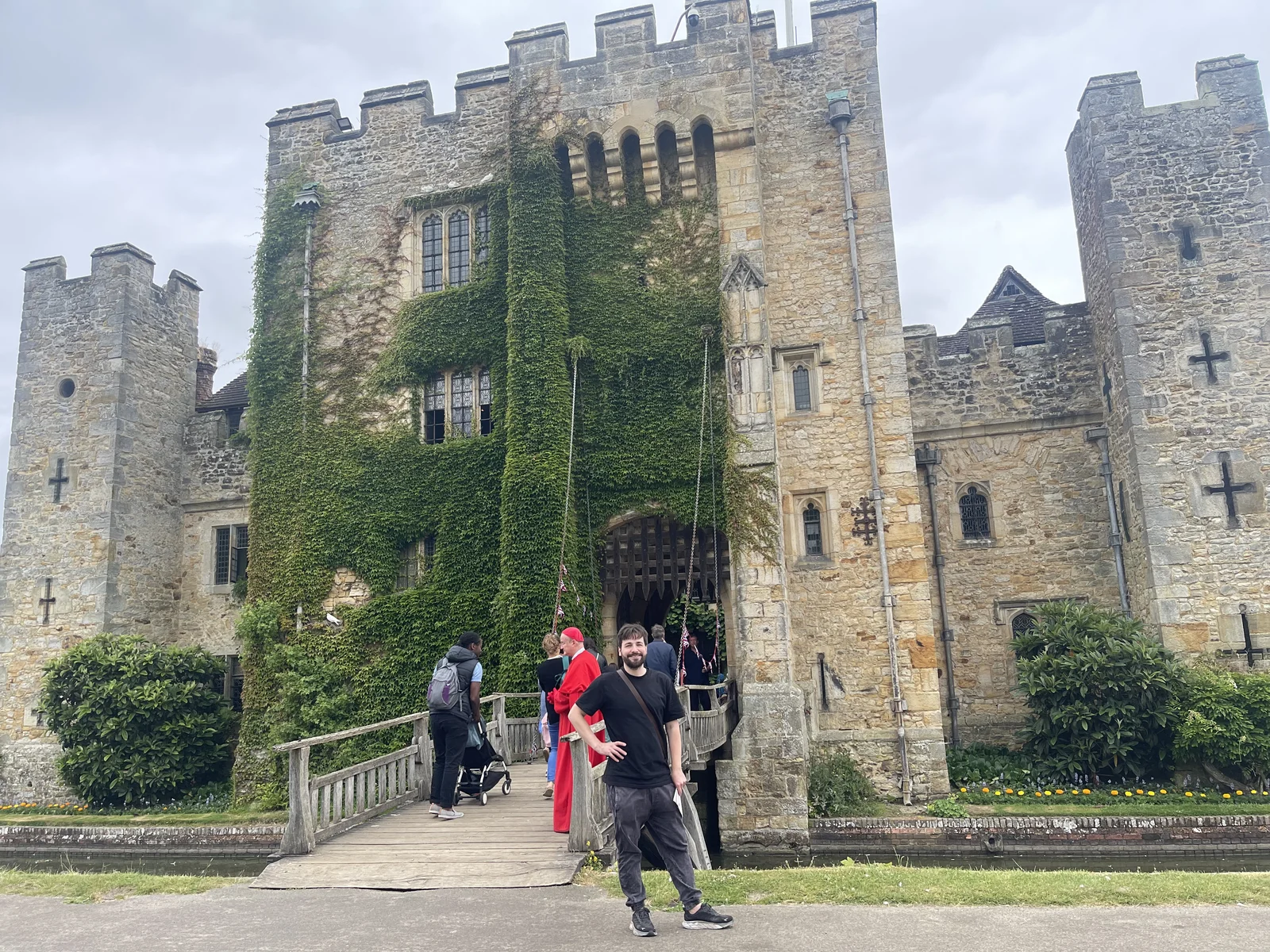
I came here to become a star in art.
How Much Money Do You Need to Live?
— The more money, the better — it’s very expensive here. According to my estimates, if we’re talking about monthly income per person, then you need at least three thousand pounds — preferably five. And the higher this figure, the higher the level of comfort will be.
I can say about myself: I kind of fly abroad, go to fairs, invest in myself as an artist, rent stands at these events with my own money, and sometimes go to cafés and restaurants, but in terms of money, everything turns out tight — I still want more.
Just renting a decent apartment with several rooms, in a good area and with a great renovation, where it is not cold (which is very important here), costs about 3000 pounds a month. That is, if you rent something from 3000 and above, it will be good housing if, like me now, for 1500, it is a compromise — you have to put up with some nuances.
In particular, it is incredibly cold in my place in the winter — I call my place the Sherlock Holmes house. It is a Victorian three-story mansion with double glazing, which, however, still does not help. I live on the first floor, and the cold comes straight from the floor. I have radiators that I turn on, and then the utility bill immediately increases fourfold. But even the radiators still cannot heat this room properly.
And some people have the opposite problem — wild heat in the summer, and in the winter, on the contrary, not cold. In any case, with more budget housing, there will be some nuances, but this is all nonsense.
Plans for the Future
— I came here to become a star in art: this country is conducive to this, and I have everything I need for this. I have never worked as much as I do now: recently I have managed to break all my personal records for earning money, for selling paintings, and for the number of works created.
And, of course, another important task is to obtain citizenship here. One year has already passed for me, now I need to live another four years.
So my plan for the next few years is clear, I am sticking to it, so I think everything should work out well.
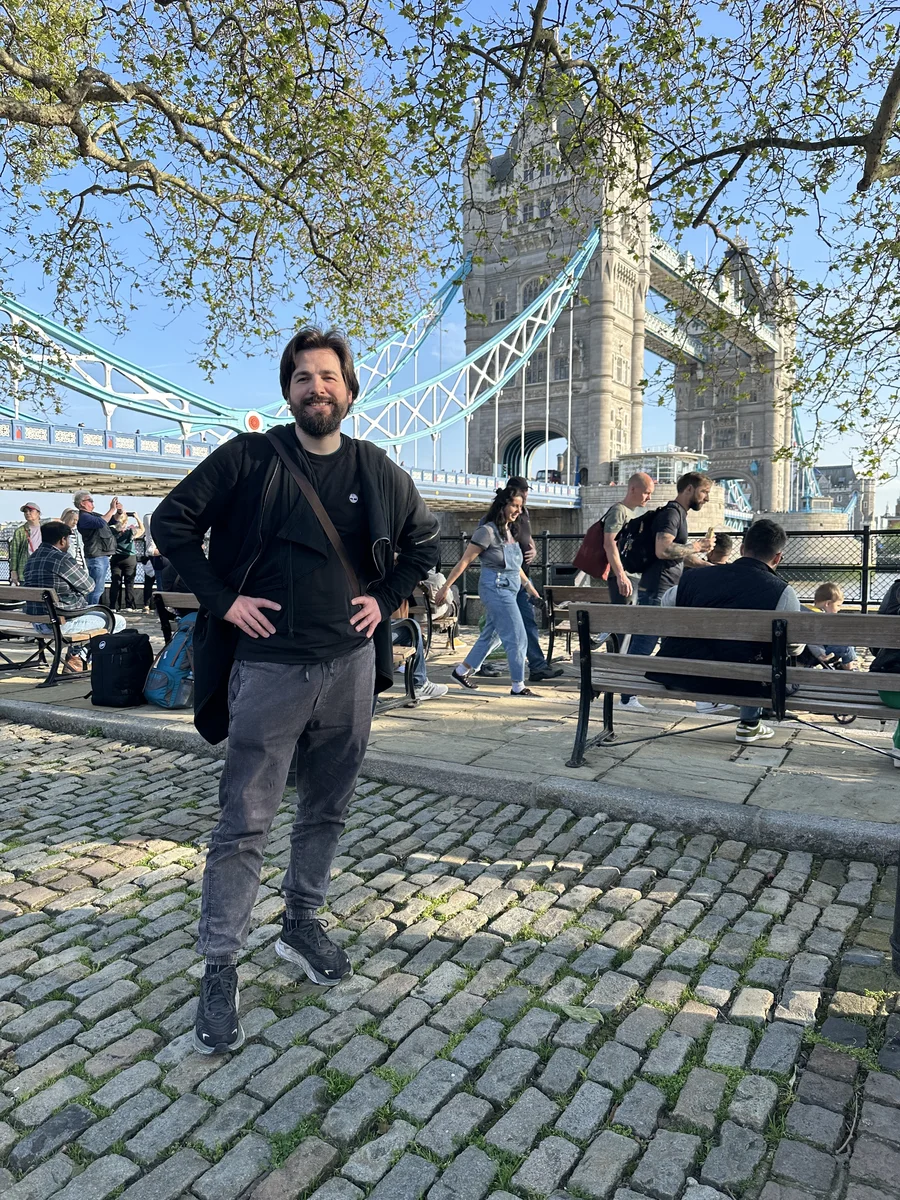
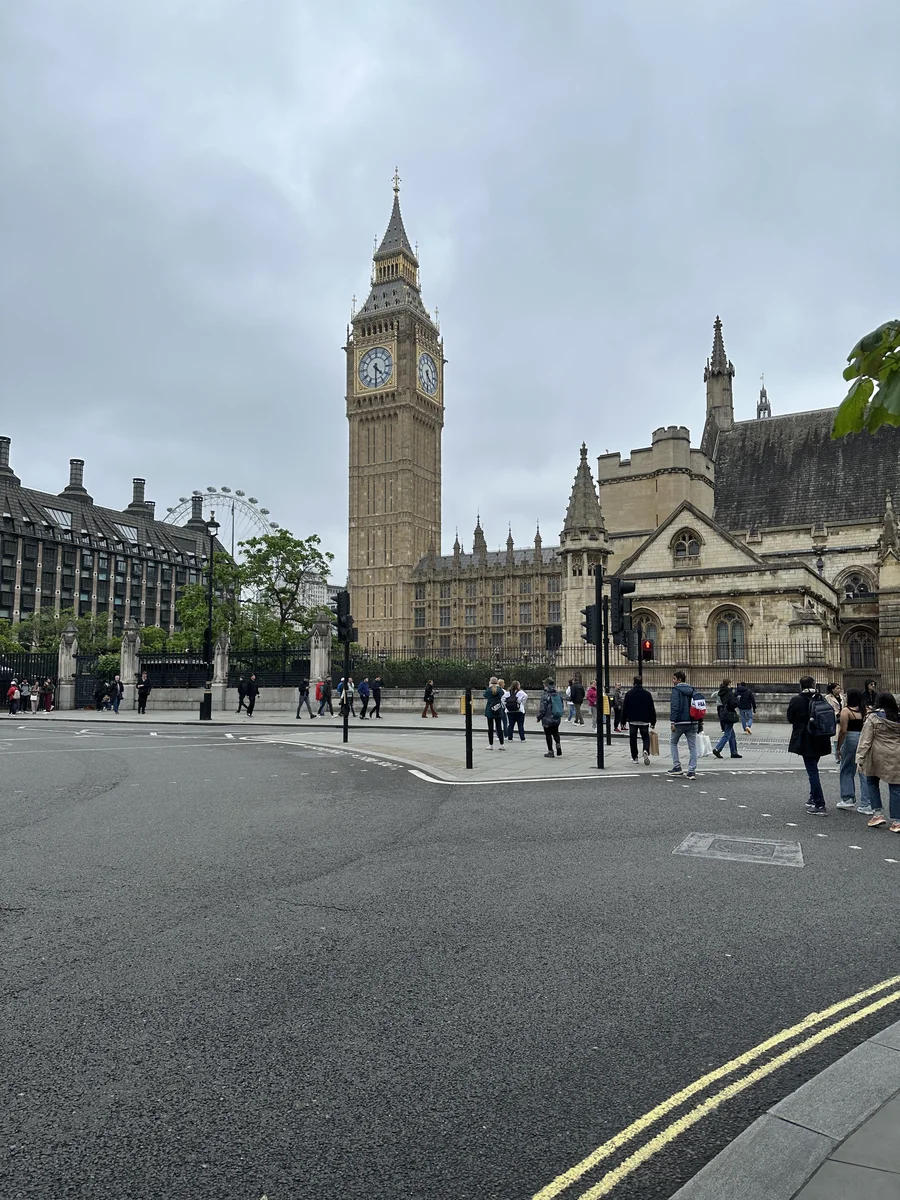
Do you want to share your personal experience of obtaining a talent visa, relocating and living in another country? Email us at info@realting.com. We will be happy to tell your story.
Author
I am responsible for editorial work. I write expert interviews and guides.






















